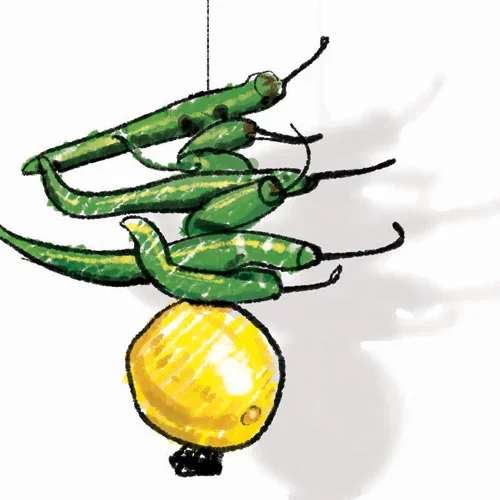prasad1
Active member

It is often said that, beliefs are a personal entity. But in a complex society like ours, irrational beliefs are rubbed onto us at a very young age.
Many of us are forced to believe in them and no explanations are given whatsoever and neither are verifications made.
Just blindly follow, because our grandmothers and mothers tell them. Soon millions of us start following these superstitious guidelines and then it becomes a part of our culture. But, some rational-minded and just individuals do walk a different path and follow scientific explanations and abhor 'totkas', but that populace is anyways miniscule.
Surprisingly even our daily soaps and films display superstitious practices in their sequences. Scenes wherein a person going for an interview is fed forcefully with 'Dahi-Shakkar' (curd and sugar) by his mother, assuming it will bring him 'good luck' is something most of us might have come across. So basically if I had to believe in that, every person cracking job interviews easily, surely consumed the 'dahi-shakkar' delicacy and this is behind his achievement. It is purely not based on his efforts and intelligence.
It has almost been a year after a very great social activist from our country was brutally murdered for standing up and raising his voice fighting against 'Superstition in India'.
Are Indians a superstitious lot? Here are 9 prominent and quirky 'totkas' that people believe in | Latest News & Updates at Daily News & Analysis
1) The very famous Kala (Black) Tika.
2) The superstition around scratchy fingers/nose
3) Cats are 'Evil' and Black Cats should not cross your path
4) Trimming nails needs prior scheduling
5) The Nimbu-Mirchi (lemon-chilli) Totem
6) Watchout for Saturdays, they are evil too
7) Menstruating women are impure
8) Laugh as much as you cry
9) Swaying your feet in the air
Last edited:
